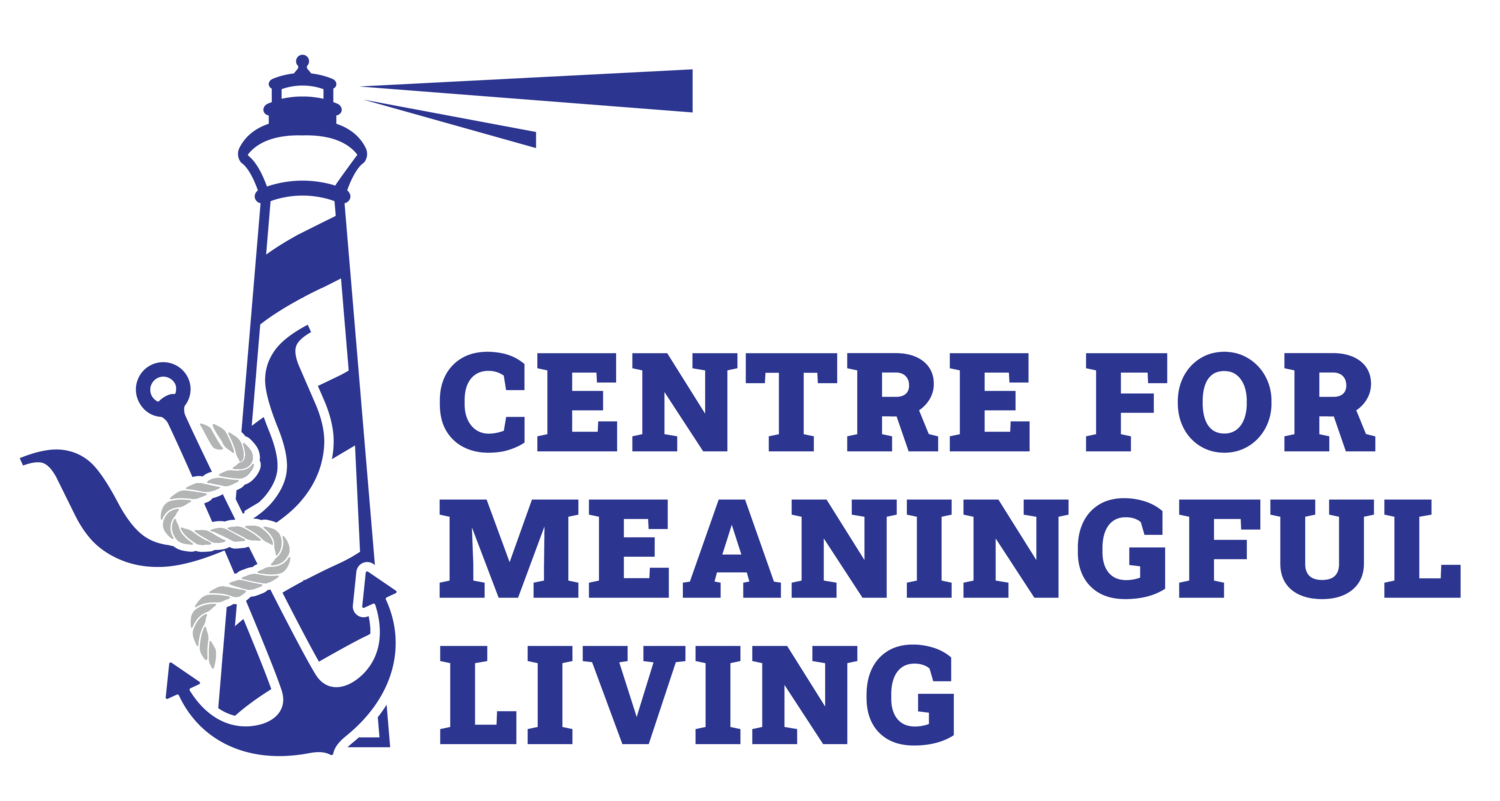Neuropsychological Assessment
-
Clinical neuropsychology is a subspecialty of psychology that pays particular attention to the brain and how problems in thinking affect a person’s everyday functioning. There are many domains of cognition:
• Perception
• Language
• Attention
• Memory
• Visuospatial skills
• Executive functions (an umbrella term for more complex thinking skills, such as controlling one’s own behaviour, planning, and decision making)
• Motor abilities (i.e., body movements)
-
People are often referred for a neuropsychological assessment when it is suspected that they have a condition affecting the brain or when the brain has been injured in some way. You do not need a referral to get a neuropsychological assessment, however.
Many conditions affect a person’s thinking abilities. Some examples include:
• Neurodevelopmental disorders such as Autism Spectrum Disorder (ASD) or Attention Deficit Hyperactivity Disorder (ADHD)
• Traumatic brain injury
• Stroke
• Dementia
• Psychological difficulties
• Heavy and persistent drug or alcohol use
-
A neuropsychological assessment evaluates your cognitive abilities, as well as any psychological difficulties you may be experiencing. It may be conducted to:
• Make a diagnosis
• Identify strengths and weaknesses
• Make recommendations for treatment or accommodation needs
• Provide a neuropsychological opinion (e.g., whether a traumatic brain injury was sustained, how cognitive impairment is impacting your functioning, or the likely cause of your cognitive impairment)
A neuropsychological assessment contains two parts: an interview and neuropsychological testing. Neuropsychological testing involves doing things, such as giving word definitions, remembering information, and solving puzzles. Psychological test measures, which are questionnaires that ask you about your symptoms, emotions, behaviour, and personality, may also be administered. I only employ well-validated test measures, meaning their use is supported by research.
-
The length of the assessment will vary depending on the person and the nature of the problem. Neuropsychological assessments tend to take longer than psychological assessments. It may take up to a full day to complete. All neuropsychological testing should be completed in the same day if possible, but the interview can occur on another day. The assessment findings are detailed in a written report, and a feedback session is provided.
-
Since the start of the COVID-19 pandemic, research has been examining whether there are any differences between conducting neuropsychological assessments online versus in-person. Although this is an emerging area of research, the good news is that for many conditions, there are few differences between in-person and virtual assessment.
Sometimes there are individual factors that make virtual assessment inappropriate, however. Additionally, some measures cannot be administered online (e.g., tests that require physically manipulating items). Given this, while I am conducting neuropsychological assessments virtually, an initial consultation will be completed to ensure that your difficulties can be adequately assessed via online services prior to beginning the assessment.
The assessment will be completed via a secure videoconferencing platform that complies with Canadian privacy laws for telehealth. To participate, you will need the following:
• Secure Internet connection
• A computer or laptop with a webcam (cell phones and small tablets cannot be used for neuropsychological assessments)
• Private location where others do not have access/cannot overhear you
• An email address to access the client portal
I do have the ability to complete the assessment in-person if needed or preferred.
-
The cost of a neuropsychological assessment will vary depending on the purpose and scope of the assessment.

